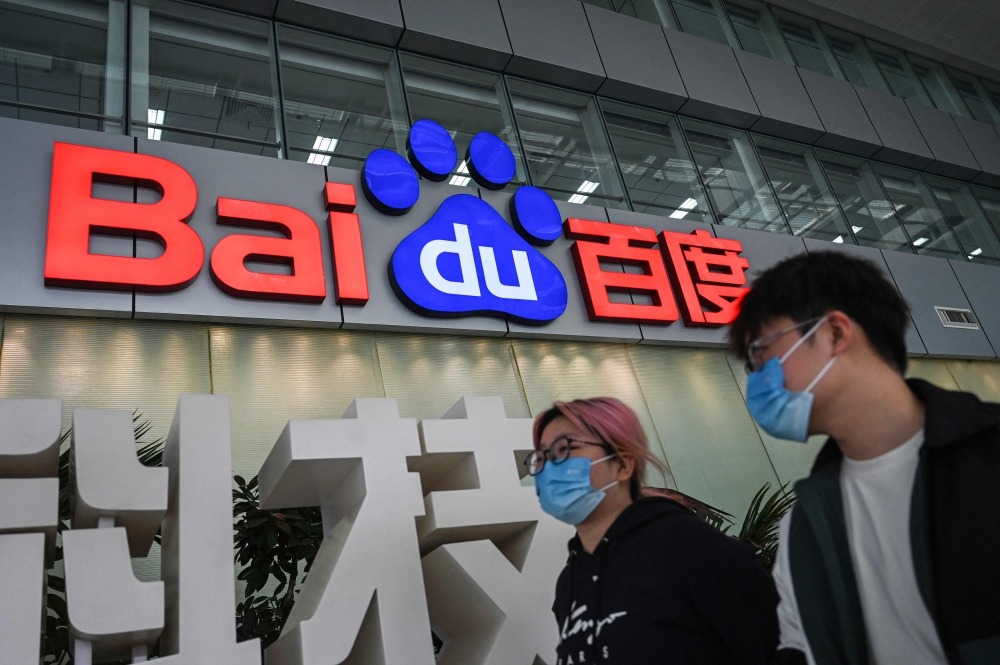China’s AI race is intensifying, with Baidu boldly launching two new AI models—Ernie X1 and Ernie 4.5—to compete directly with DeepSeek and OpenAI. As industry giants push the boundaries of artificial intelligence, Baidu’s latest offerings promise enhanced performance and accessibility, signaling a shift in the global AI landscape.
Ernie X1: Baidu’s Answer to DeepSeek R1
Baidu’s Ernie X1 is designed to rival DeepSeek R1, a widely recognized AI model in reasoning and problem-solving tasks. What makes Ernie X1 stand out is its affordability—it offers similar capabilities at half the cost of DeepSeek R1. The model specializes in understanding, planning, reflection, and evolution, making it a powerful tool for businesses and developers looking for an efficient AI solution.
Ernie 4.5: A Leap in Multimodal AI
Alongside Ernie X1, Baidu introduced Ernie 4.5, an upgraded version of its flagship AI model. This iteration boasts significant improvements in multimodal understanding, allowing it to process and interpret diverse data types—including text, images, and videos—more effectively than previous versions. Baidu claims that Ernie 4.5 outperforms OpenAI’s GPT-4.5 in several key areas, strengthening its position in the AI arms race.
Open-Sourcing AI: A Strategic Shift
Baidu has announced plans to open-source its Ernie models by June 30, 2025. This move is expected to encourage wider adoption and collaboration within the AI community, aligning with global trends towards transparency and shared innovation. By making its models freely available, Baidu is not only expanding its reach but also positioning itself as a leader in the open AI movement.
Ernie Bot: Now Free for Users
In another major shift, Baidu has made its AI chatbot, Ernie Bot, completely free for individual users. Previously available through a paid subscription, this change aims to broaden accessibility and boost user engagement, further embedding Baidu’s AI technology into everyday applications.
What This Means for the AI Industry
Baidu’s latest advancements reflect China’s commitment to challenging Western AI dominance while fostering domestic competition. By offering high-performing AI models at lower costs, Baidu is not only competing with DeepSeek but also positioning itself against OpenAI, Google, and Anthropic in the global AI landscape.


